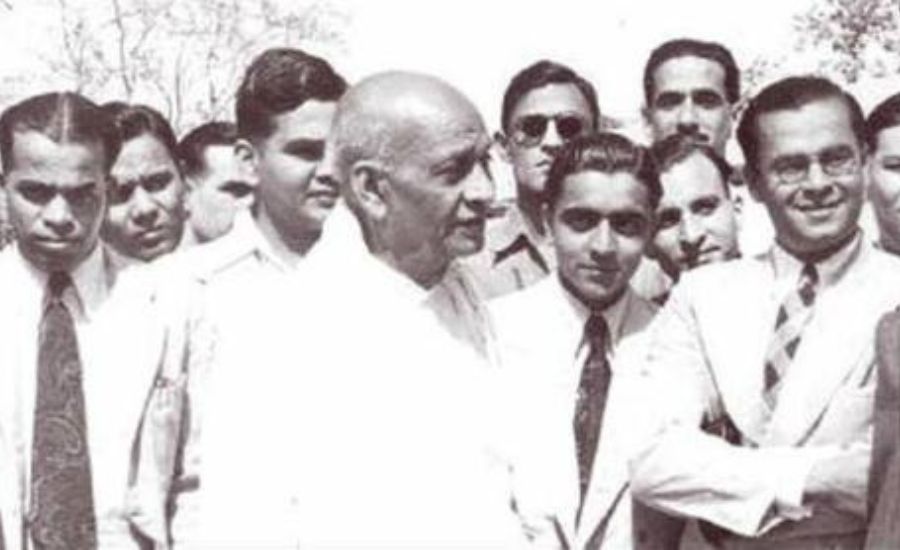
In light of Civil Services Day which was celebrated on 21 April, we give you a peek into a fascinating moment in the Constituent Assembly that was perhaps instrumental in giving the civil services a constitutional status and a key role in India’s governance.
On 10th October 1949, the Assembly had taken up a new amendment (Draft Article 283-A) to the Draft Constitution related to the service conditions of the Indian Civil Service (ICS) officers. During the course of the debate, some Assembly members launched salvos on the ICS officers who, along with their British ICS colleagues, were critical in maintaining British colonial rule in India. Now that India was an independent country, our Constitution framers had to decide the future of these ICS officers.
Ananthasayanam Ayyangar, a lawyer, felt that the members of the ICS had not ‘…changed their manners. They have not reconciled themselves to the new situation. They do not feel that they are part and parcel of this country…’. Veteran freedom fighter and social worker Babu Ramnarayan Singh said the ICS officers ‘…thought that they were masters of the country, they would remain masters and that they would continue to rule the people. This mentality is still lingering in them…’. The Assembly will ‘have to consider as to what extent these people can serve and protect the people properly’.
Sardar Patel, a highly influential Assembly member, responded to these statements in what was perhaps his fiercest moment in the Assembly. He said:
‘…I myself was arrested, I have been arrested several times [by ICS officers]. But that has never made any difference in my feeling towards people in the services…But what is the language that you are using? I wish to place it on record in this House that if, during the last two or three years, most of the members of the services had not behaved patriotically and with loyalty, the Union would have collapsed…’
A livid Patel suggested to his fellow Assembly members that the ICS officers were a key instrument for governance and that it was best that the Indian political class learn to not ‘quarrel with the instruments with which you want to work’. He then offered what was nearly an ultimatum to the Assembly: ‘…So, once and for all decide whether you want this service or not. If you have done with it and decide not to have this service at all, even in spite of my pledged word, I will take the Services with me and go…’
Patel’s powerful defence of the ICS shut down critics and skeptics of India’s civil service in the Assembly. The Assembly, in what was rather unique for the time, added exclusive provisions on the civil services into the Constitution. Further, Patel’s spirited speech along with his trust in the civil services in the early years of the republic, explains how Sardar Patel came to be considered something of a godfather in the Indian civil service fraternity.
